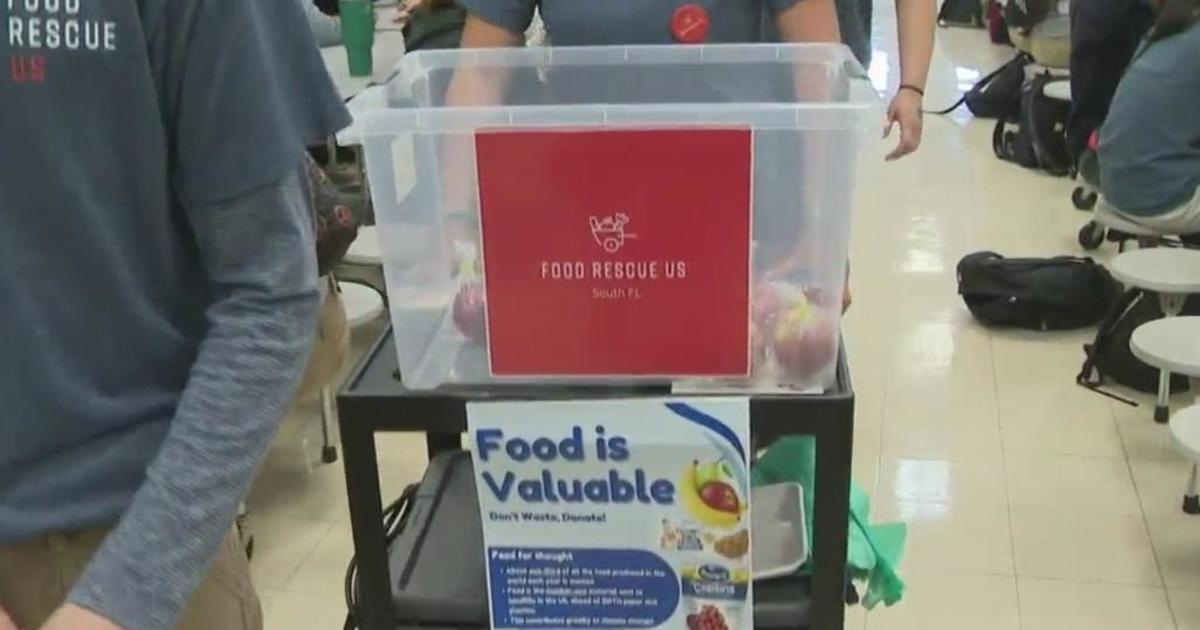Kids Need To Watch Food Labels
Food provides your body with all of the materials it needs to grow, and to be healthy and active. These are some of the building blocks in food.
CARBOHYDRATES are the body's main source of fuel. Starchy foods like breads, spaghetti, rice, potatoes, corn and cereals are made up mostly of carbohydrates. Sugary foods like candy, jam and syrups also are carbohydrates. Some carbohydrates, called fiber or roughage, are hard to digest. They help move waste through the digestive system.
FATS include butter, margarine, lard, shortening, and cooking oil. Cheese, cream, chocolate, some meats and many desserts have a lot of fat. Fats are very concentrated sources of energy, so only a little is needed.
PROTEINS, are important for growth and repair of the body. Protein-rich foods include eggs, milk products, meat, dried beans, chicken, turkey, and fish. The body also can use protein as fuel for movement and growth.
MINERALS are found in small amounts in foods. They are needed for many of the body's functions. For example, calcium is used to build bones and teeth, and also is important for muscles and the nervous system. Iron becomes part of red blood cells.
VITAMINS are other chemicals found naturally in food. They are needed in very small amounts by the body.
Did you know that WATER also is a major part of almost all food?
Beginning in 1994, the US government began requiring manufacturers to put information about nutritional value on food labels. You can use this information to make better choices about what you eat -- watch for the following information:
1. Pay close attention to serving sizes.
2. Products labeled "light" or "lite" must have 1/3 fewer calories or 1/2 the fat of the foods to which they are compared. "Light" also can mean that salt has been reduced by 1/2.
3. Look for foods with lower levels of saturated fats.
4. The sodium level tells you how much salt is in food.
5. Look for Products that have more fiber and less sugar.
6. Vitamins and minerals help your body function properly.
7. Calcium is important for bones and teeth.
8. Use the "percentage of daily values" section of the label as a guide for daily planning.
9. The amount of calories a person needs each day depends on many factors, including exercise.
SOURCE: National Institutes of Health



